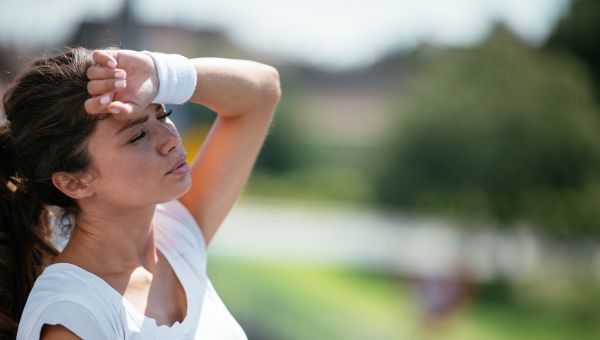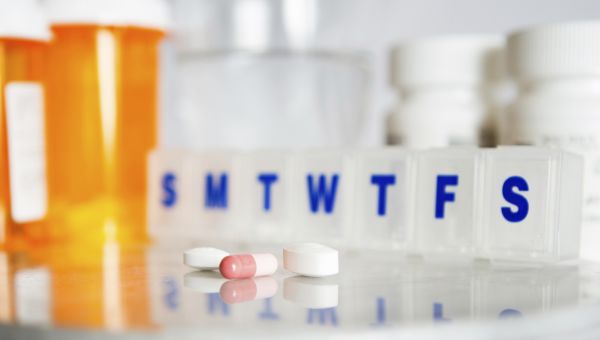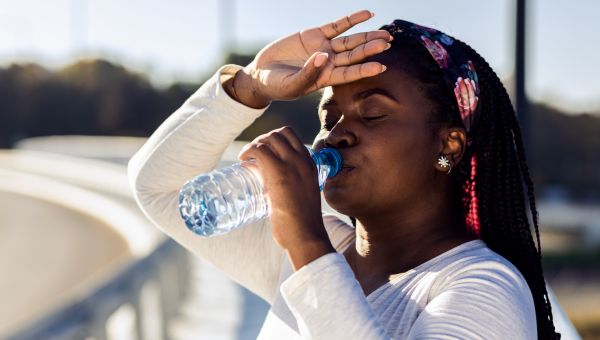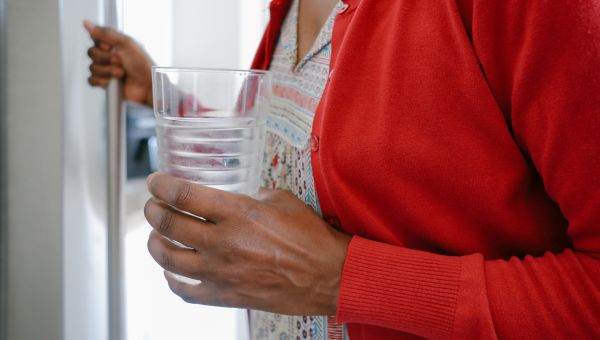6 ways to protect your heart in hot weather
Keep your heart healthy when summer temperatures rise.
Updated on September 26, 2025

Hot, humid days can put a strain on the heart. If you already have heart problems, the heat can pose even greater risks. “In general, very high heat is not good for anyone, but it is much worse for people who have heart diseases," says Devender Akula, MD, cardiologist at LourdesCare at Cherry Hill in New Jersey.
Learn about some things you can do to protect your heart health when the temperature rises and it gets very hot outside.

Certain medicines affect your ability to cope with heat
If you take heart medication, talk with your healthcare provider (HCP) before spending a lot of time in the heat. Certain prescription medicines, like ACE inhibitors, beta blockers and calcium channel blockers, can intensify your body’s reaction to hot temperatures and humidity.
Be careful about being too hot if you are taking a diuretic (water pill), which are often used to treat high blood pressure. These pills reduce sodium and water in the body, in addition to what you may be losing through sweat on hot days. Don’t stop taking your medication, though: Stay cool indoors and follow your HCP's advice.

Drinking enough to stay hydrated is important
Drinking fluids helps prevent dehydration and overheating, which make your heart work harder. Your body also has to release more hormones to retain salt and water, which stresses the heart even more. Drink 2 to 4 cups of water every hour when you're out in extreme heat.
If you’re being active or exercising, try a sports drink to replenish sodium and potassium. Avoid sugary drinks like fruit juice, which slow the absorption of water. Drinking too much caffeine or alcohol can also lead to dehydration. Drink water instead.
One caution: Patients with congestive heart failure should check with their HCP, as drinking too much can do more harm than good, Akula says.

Wear clothing that can help keep you cool
If you have to spend a lot of time outdoors, make sure your outfit is cool and is made of a material that allows air to flow through the fabric. “You’ll want to wear lightweight, light-colored clothing, made of cotton. There are even some synthetic fabrics now that can repel sweat,” says Akula. Don’t forget sunglasses, a broad-brimmed hat, and well-ventilated shoes.

Avoid being out during the hottest times of the day
What's Akula's number one piece of advice for staying safe in the heat? Steer clear of the hottest times of day. “Typically, it's the hottest in the afternoon, around 3 or 4 o’clock,” he says. And seek shade from 10 a.m. to 2 p.m., when the sun's rays are the strongest.
If it’s very hot outside or you’re starting a new workout, gradually increase the length and intensity of your exercise over time, rather than pushing yourself too hard. Limit outdoor workouts to no more than 90 minutes and take frequent breaks to hydrate and cool off. You can even hold frozen water bottles to stay cool while you work out—as the ice melts, drink up.

Eat smaller, more frequent meals
Rather than have large meals, have smaller, water-packed meals and snacks—think salads, smoothies, cold soups, and fruit. This can help prevent you from becoming dehydrated. Small meals will also help keep your heart rate steady, and foods with a high-water content will help ensure your body temperature stays low.

Take steps to cool your body temperature
When the temperature climbs, it's important to know when you've had too much. Muscle cramps, weakness or heavy sweating can all be signs of heat exhaustion. Get inside, take a cool shower or bath or use cold compresses. “Putting ice packs in the armpits, groin area, or neck region also helps, since those are places where the major blood vessels are,” says Akula.
Call 911 immediately if you have chest pains, or if you have signs of heat stroke, including a high fever, dizziness, or confusion, a pounding heart or hot, red, dry, or moist skin.

American Heart Association. Protect Your Heart in the Heat. July 31, 2015. Accessed July 6, 2022.
Centers for Disease Control and Prevention. Natural Disasters and Severe Weather: Extreme Heat. June 17, 2022. Accessed July 6, 2022.
More On


video

slideshow


video


video
